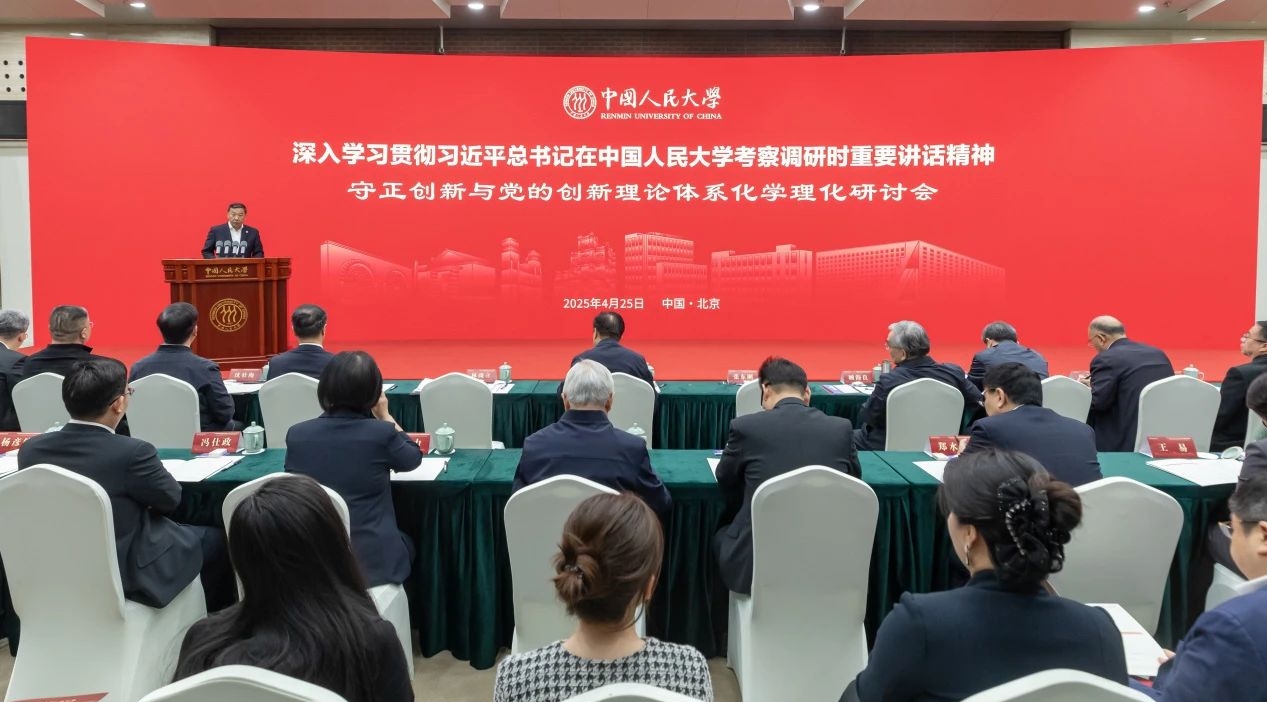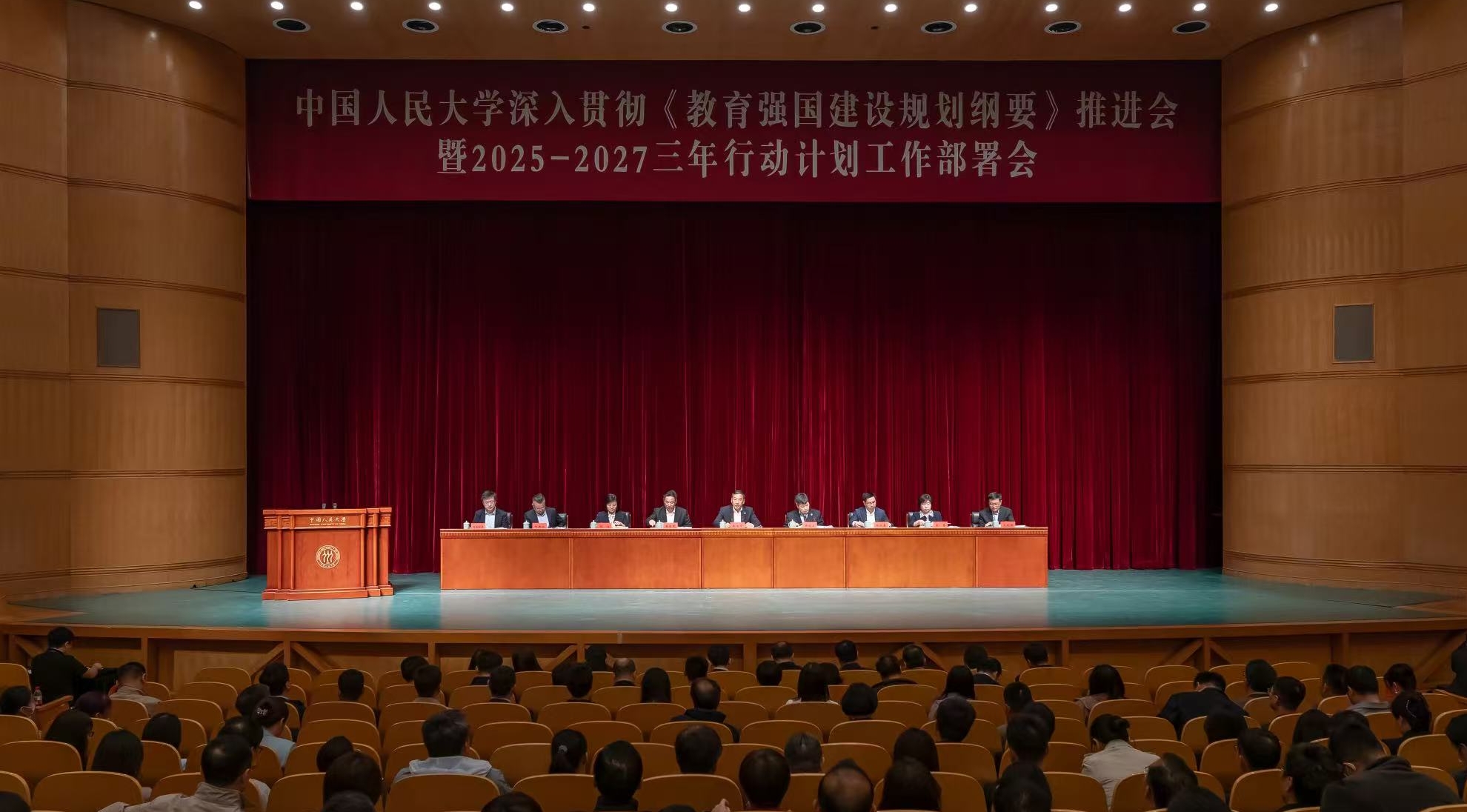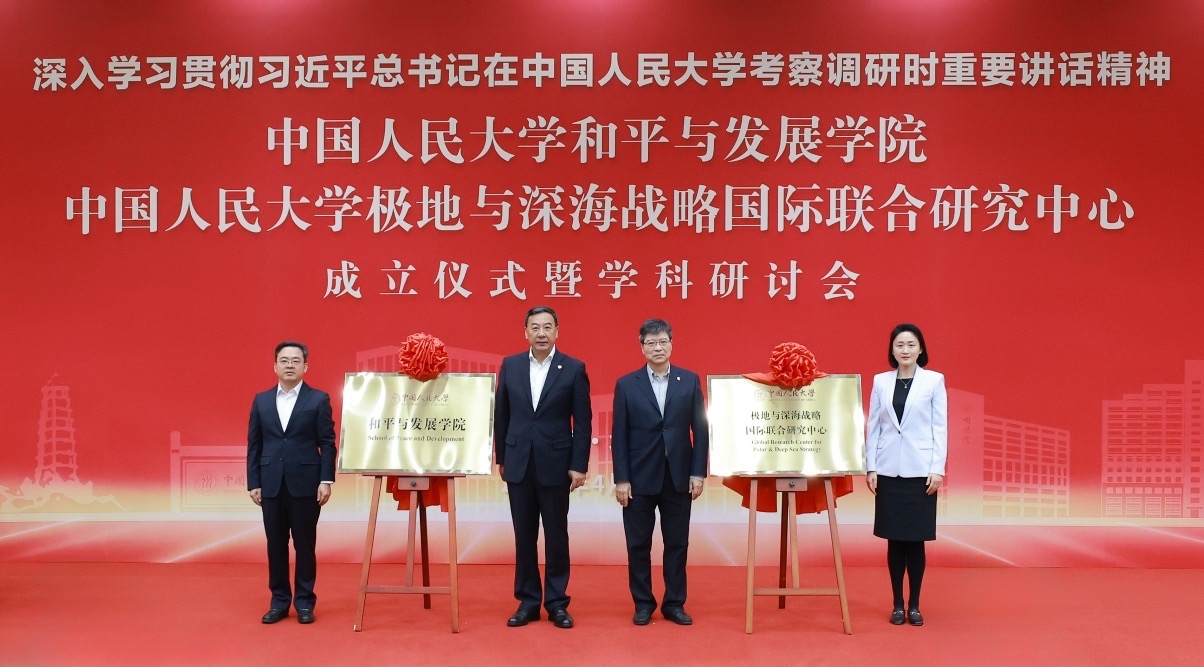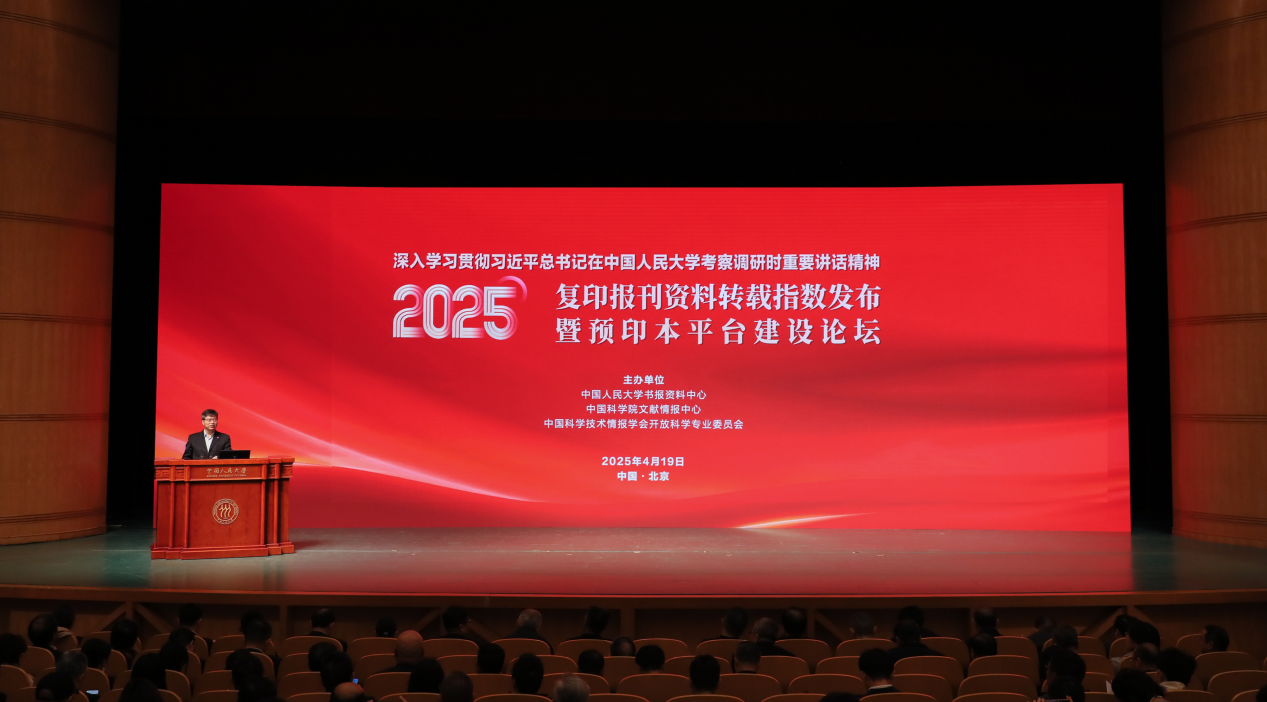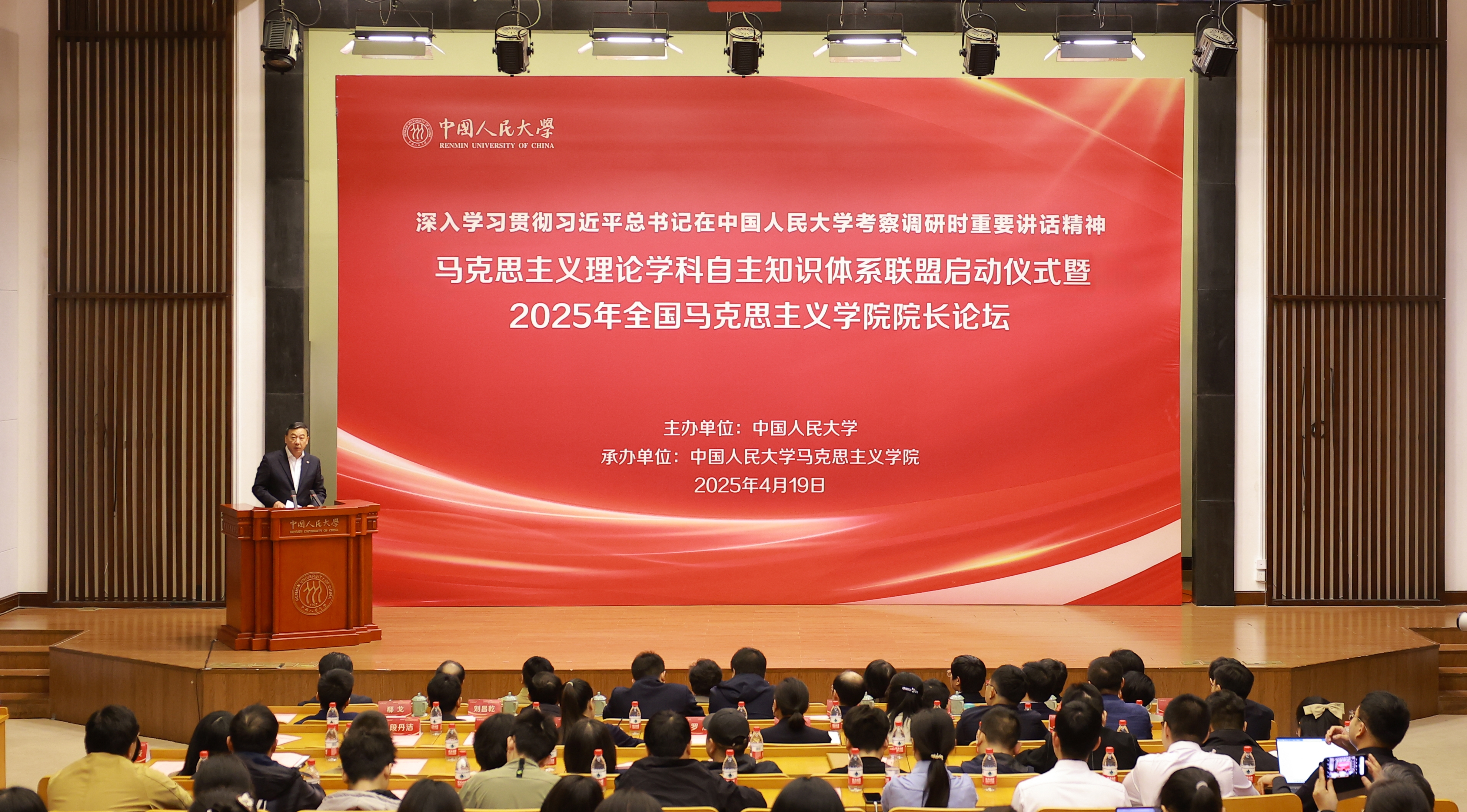Chinese modernization offers a unique development model that integrates economic growth, social equity, and sustainable progress, scholars said at a forum on Saturday.
They emphasized that China's approach provides valuable lessons for developing nations seeking modernization paths suited to their own historical and cultural contexts.
The second Wuyi Forum opened in Wuyi City, southeast China's Fujian Province. At a parallel sub-forum focusing on "Chinese Wisdom and Chinese Modernization" in Jianou City, scholars from Zimbabwe, Vietnam, Malaysia, South Korea, and other countries gathered at Jian'an Academy in Jian'ou City to discuss the global relevance of China's modernization experience.
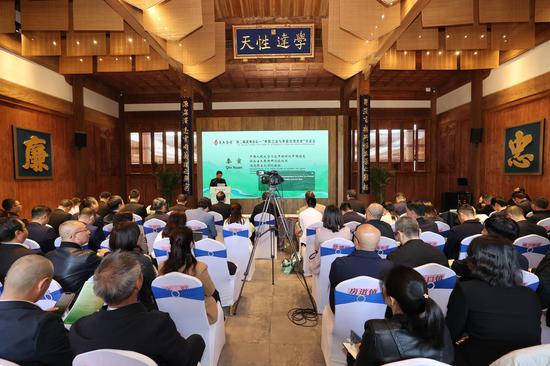
(The parallel sub-forum focusing on "Chinese Wisdom and Chinese Modernization" kicks off on Saturday in Jianou City, Fujian Province. Photo: China News Network/ Zhao Li)
Ishmael Mada, director of Chitepo School of ldeology of Zimbabwe African National Union-Patriotic Front (ZANU-PF), expressed deep appreciation to the Communist Party of China (CPC) for sharing China's development experience. He noted that China's experience has helped Zimbabwe's internal reforms and new strategies in response to geopolitical changes.
Mada said Zimbabwe remains committed to modernizing its economic and political governance while adhering to a Marxist-Leninist socialist ideology with its own national characteristics. He also extended special gratitude to the CPC and the Chinese people, calling them Zimbabwe's "all-weather friends" who have always stood by the country.
Le Van Loi, vice president and professor of Ho Chi Minh National Academy of Politics in Vietnam, highlighted the "Two Integrations" proposed at the CPC's 20th National Congress, which reflect a deep understanding of adapting Marxism to the Chinese context.
He explained that the first integration refers to aligning Marxist principles with China's specific realities, while the second involves integrating Marxism with China's rich traditional culture. Le stated that China's socialist core value system has been enriched through its fusion with Eastern traditional values, providing clear guidance for national, societal, and individual values. He noted that this system is both well-structured and comprehensive, playing a crucial role in shaping the worldviews, outlooks on life, value systems of the CPC, the Chinese state, and its people.
Kho King Kee, president of the Center for New Inclusive Asia, Malaysia, pointed out that for a long time, modernization has been equated with Westernization, but Chinese modernization has challenged this conventional thinking. He said that China has pioneered a unique modernization path deeply rooted in its 5,000-year-old civilization, tailored to its national conditions, historical culture, and developmental needs.
Kho stressed that Chinese modernization extends beyond economic development, incorporating social equity, ecological conservation, and sustainable growth, offering valuable insights for developing nations worldwide. He also noted that China's profound cultural heritage — particularly Confucian, Daoist, and Legalist philosophies — has infused Chinese modernization with essential value guidance, achieving an organic integration of traditional culture and modern governance.
Professor Lee Namjoo from Sungkonghoe University in South Korea remarked that the concept of Chinese modernization demonstrates the responsiveness of China's governance system. Identifying new societal demands and formulating appropriate responses are a hallmark of governance responsiveness, he said, adding that Chinese modernization sets higher standards for governance. The professor stressed that achieving the goals of Chinese modernization requires significant societal transformation and enhanced governance capacity. He further pointed out that China's governance responsiveness has been widely recognized, proving its ability to identify and meet the needs of the majority of its population.
The Wuyi Forum, co-hosted by Renmin University of China and Nanping City, is an international academic platform dedicated to exploring the systemic connections between Chinese civilization and socialism with Chinese characteristics. It aims to promote the creative transformation and innovative development of China's rich traditional culture. The second forum gathered over 100 experts and scholars from China, South Korea, Malaysia, Lebanon, Vietnam, Zimbabwe, North Macedonia, the United Kingdom, the United States, Australia, and other countries.







